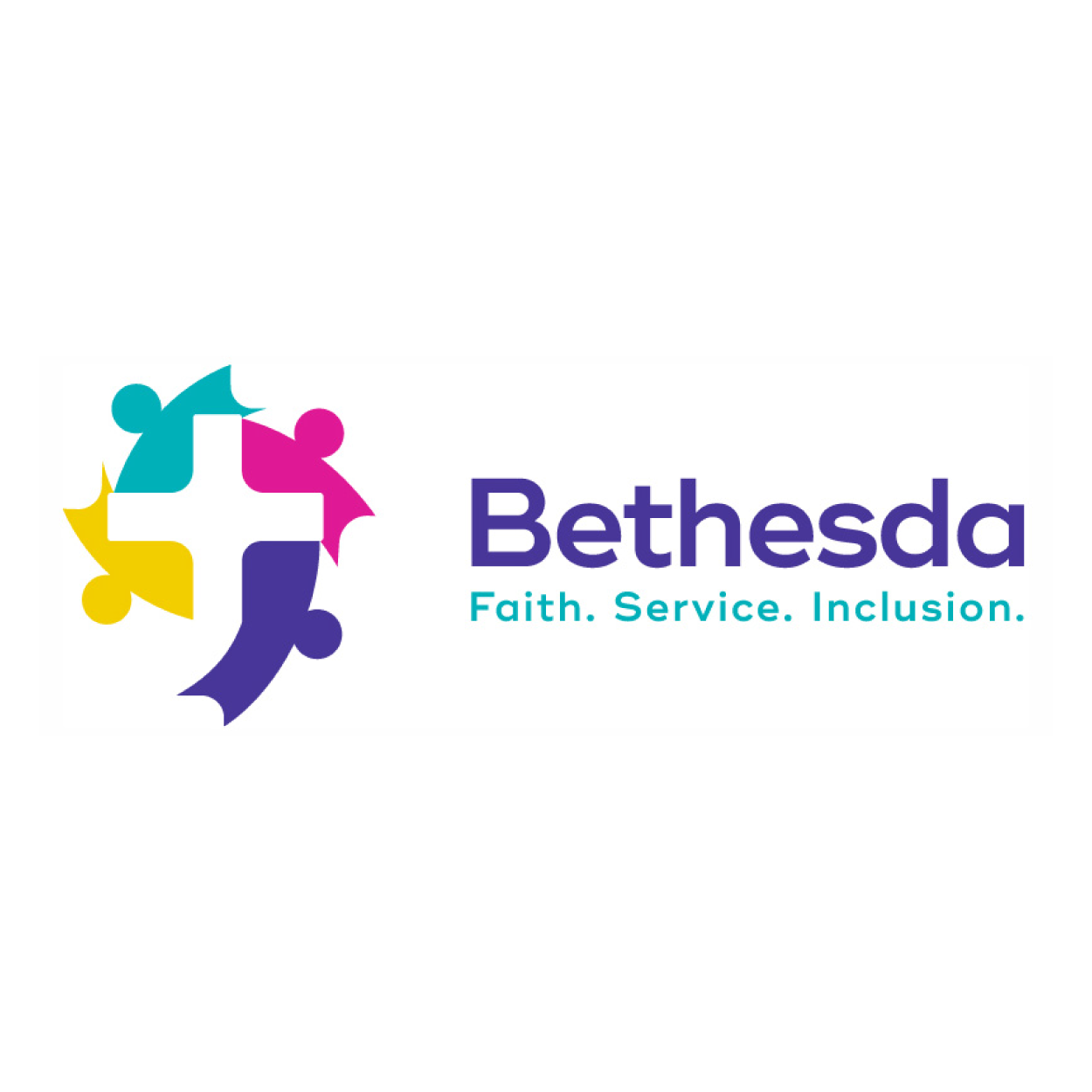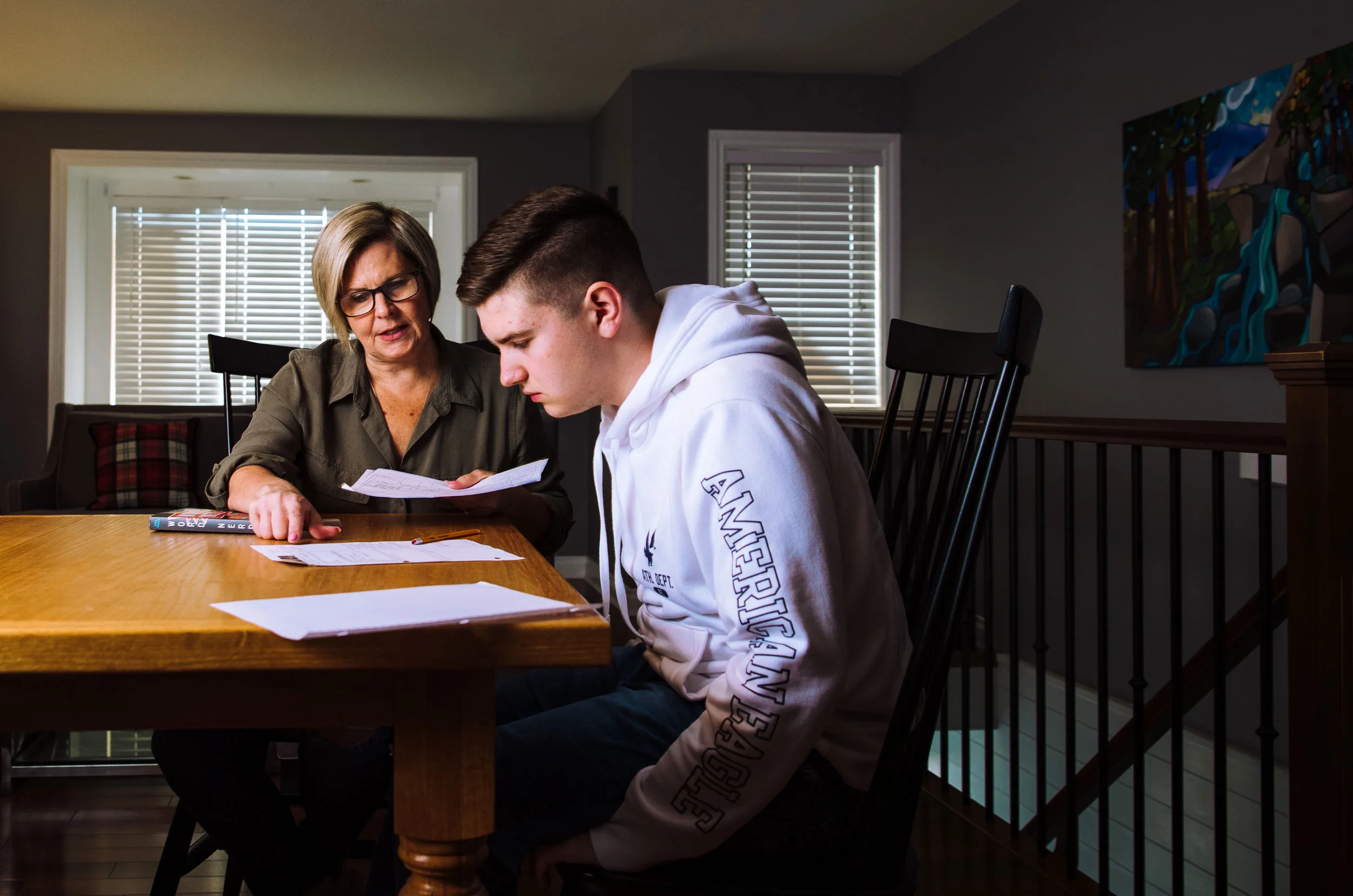What is the Community-Led Collaboration Project?
The Community-Led Collaboration Project is an opportunity for communities in British Columbia (B.C.) to engage in meaningful and inclusive conversations about how to create a better network of services and supports for children and youth with support needs and their families.
The conversations, designed in partnership with communities, will help inform an inclusive, culturally safe, needs-based approach to providing supports and services that consider the specific circumstances of a community, the young people, and families in need of support, and importantly, the voices of people not historically included.
For these community conversations, children and youth with support needs are 0-19 years of age, have a disability diagnosed or undiagnosed, need support, and/or have a possible developmental delay.
What are the Community Engagement Grants?
The Community-Led Collaboration Project is providing 30 grants of $20,000 each to support communities in British Columbia to design meaningful, accessible, culturally safe, and inclusive conversations with youth, families, and service providers about how to create a better network of services and supports for children and youth with disabilities or support needs and their families in British Columbia.
The results from all the conversations will also inform a report to the Ministry of Children and Family Development (MCFD) with the expectation that all community reports will inform the future of services for children and youth with support needs (CYSN) in BC.
What can the grants be used for?
Successful applicants can use grant funds to hire a facilitator and/or graphic facilitator, and for the costs associated with hosting engagement sessions like honorariums for participants, childcare and transportation costs, room space rental fees, the costs associated with advertising sessions, provide food at the sessions, technology requirements, and gift card incentives for participants.
See the section Examples of costs that can be covered with the Community Engagement Grants in the Grant Description document on the website.
Is there a pre-determined list of communities that will receive the Community Engagement Grants?
The Community-Led Collaboration Working Group is hopeful that applicants from all parts of British Columbia will apply for the grants ensuring engagement outcomes represent a diversity of community perspectives. We encourage grant applicants to partner with other organizations in their community and then apply together.
Are there separate grants for engagement with Indigenous communities?
The Ministry of Children and Family Development (MCFD) is funding multiple engagements across British Columbia. Some of these engagements are holding conversations with Indigenous communities in British Columbia. The Community – Led Collaboration Project has also worked closely with Indigenous organizations in British Columbia, including First Nations, Friendship Centres, and Métis Nation, to prioritize cultural safety. This grant invites organizations to form diverse teams to be able to capture a wide variety of perspectives and experience that reflect their community.
Are there requirements for how grant recipients deliver their community engagements?
There are no strict requirements for how grant recipients engage their community – engagements can be conducted in person, virtually or a mix of the two (hybrid format) across several days or months, at local community events, etc. Recipients can take some ideas from the initial communities engaged in 2023 and from the Community Engagement Guide.
Recipients are required to partner with other local organizations or groups to facilitate engagement with both local families/caregivers and community services providers. We invite grant recipients to take time to reflect on how they can design sessions that are accessible, culturally safe, and inclusive, particularly of people who have been historically excluded or experience more barriers to participate.
Can organizations in the Family Connection Centres (FCC) pilot communities apply for this grant?
Yes, absolutely. These communities have first-hand knowledge of the pilot process and can provide important perspectives on what is working well with the Family Connection Centres model and the opportunities for improvement.
Will the Community-Led Collaboration Project support grant recipients to promote their engagements?
Yes. The Community-Led Collaboration Project Working Group is happy to promote community engagements on their respective websites and social media channels.
Are we required to write a report of what we learned during our community engagement?
Yes. The grant application includes detailed reporting requirements for each community to provide at the end of their engagements. While grant recipients are encouraged to make the reports their own – in terms of branding and format – they are required to include information about their community, their approach to creating safe and inclusive engagement and a summary of key findings. Please see the section Final report and interview in the Grant Description document on the website. There will be examples of community reports from the initial communities available on the project’s website and report outline examples in the Community Engagement Guide.
Are supports available to grant recipients to help them create their community engagement process?
Yes! All successful grant applicants will receive a copy of the Community-Led Collaboration Project Engagement Guide with a step-by-step process for developing inclusive and meaningful community engagement. The guide is available online at inclusionbc.org/clcp-guide/. All recipients are also encouraged to reach out via email to clcproject@inclusionbc.org with questions about the engagement process.
The building of local community engagement teams seems to be a critical component of a successful grant application. Are applicants required to build a local engagement team before submitting their grant application?
All applicants are encouraged to build their local community engagement team as soon as possible and apply together for a Community Engagement Grant. Grant applicants can partner with other organizations in their community providing services and supports to children and youth with disabilities or support needs, parents’ groups, the local Child Care Resource and Referral Centre, local school districts, health authorities, municipalities, etc. – really anyone in community whose perspective can helpfully inform the engagement design.
Our organization is working on existing projects looking at the needs of children and youth with disabilities or support needs. Can we use the grant for an existing project?
The grants are not for use on existing projects. They are intended for communities to conduct engagement that explores what is needed to build better networks of services and supports for children and youth with disabilities or supports needs in your community.
Can communities outside of British Columbia apply for a Community Engagement Grant?
No. The grants are for communities in British Columbia to conduct their own engagement to explore what a better network of services and supports for children and youth with disabilities or supports needs could look like across the province.
Are grant recipients required to demonstrate how they spend their grant funds?
Grant applicants need to present a budget with their application and at the end would need to present a financial report as part of their final report explaining how the grant funds were used for their community engagement.
What is the change grant recipients can expect to see because of their community engagements?
The results from all community engagements will inform a report to the Ministry of Children and Family Development (MCFD) with the expectation that all community reports will inform the future of services for children and youth with support needs (CYSN) in BC.



